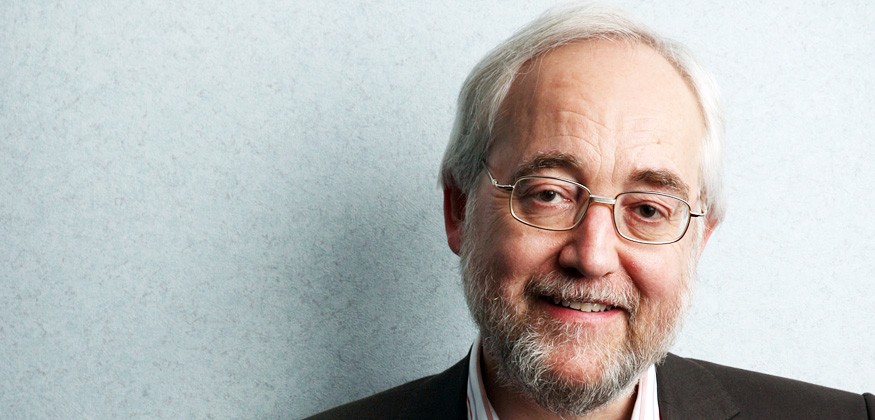
Prolific bestselling author Robert Goddard was born in Hampshire, but he has set his crime novels across the UK and around the world. Time is no barrier either with a trilogy set in the immediate aftermath of World War I. to coincide with the centenary from 2014.
His latest book, Panic Room, is his 27th, a contemporary thriller based in Cornwall. It promises his trademark twisty and tightly constructed plots, which are methodically planned. Robert joins us today, and we simply had to ask him if they always turn out how he expects or if he’s sometimes taken by surprise.
What are crime fiction lovers going to love about Panic Room?
You could call this story a locked-room mystery, but in this case the locked room is a panic room, which, by definition, can only be locked from inside and then can’t be opened from outside. So, if you find the panic room in your large, isolated house locked, you’re bound to be alarmed by the question: what – or who – is in there? As you should be. Very alarmed. Not to say frightened. What can it be? You’ll never guess.
What sparked the idea for Panic Room? Does it have roots in true crime?
It’s hard to say now whether the idea of a panic room turning from a place of refuge into a threat in its own right came before, after or with the idea for what’s inside. I’m never quite sure how my imagination makes these connections. It seems to have a mind of its own!
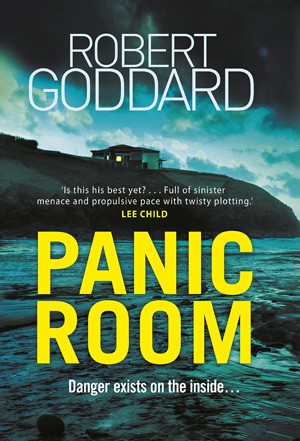 Your protagonist Blake is on the run from life. Please tell us about her and her situation as the book opens.
Your protagonist Blake is on the run from life. Please tell us about her and her situation as the book opens.
Blake is a young woman strong and self-reliant enough to have broken away from a bad start in life and found her own safe place in the world. She’s decided she can’t trust anyone not to betray her and that makes working as live-in housekeeper for a largely absent owner of a large house in Cornwall, a long way from anyone and anything in her past, so appealing. It works for her. But unfortunately she’s not going to be left in peace.
When you write a book like The Panic Room do you plan a detailed plot to keep the labyrinth of twists under your control before you start writing, or do you just let your characters lead the way?
I do plan the plot in some detail before I start writing, but the story itself breeds complications I hadn’t necessarily foreseen and the characters, once I’ve given them life, insist on reacting to events in their own way and taking actions I hadn’t anticipated. At that point, I’m putty in their hands!
You’ve sent your characters to the far ends of the UK – from Scapa Flow in Orkney in the thriller The Corners of the Globe to Cornwall for this book. There have been excursions to Paris, Belgium, Rhodes, the Balkans and Japan too and you have a record of consistent bestsellers. How is place important?
Place is very important to the development of a story. It’s partly about atmosphere. Writing convincingly about somewhere you haven’t been is very difficult and never entirely satisfactory. But it’s also about practicality. What happens to my characters hinges to a considerable degree on the physical realities of where they are and I want that process to be as authentic as possible. What can they see? Where can they go? The answers to such questions often affect the direction of the story quite profoundly. And if it rains when I go to research a location (which it has a habit of doing) it tends to rain in the book.
Likewise you don’t confine your writing to the present day and have set your books in historical periods including the two world wars and the 18th century. Often the past informs contemporary events. Please tell us about time in your historical and contemporary bestsellers, if you have time.
I’ve never really believed there’s a distinction between books set in the past and books set in the present. The present day in my earlier novels is already now part of history. I try to be open about when a story is set, be it 2018 or 1918, and reflect how life is/was lived then, how people travel/led, what they wear/wore, how they speak/spoke. Time itself is also part of the plot of many of my novels, tripping characters up, catching up with them, surprising them. But that’s what it does in my experience. We live in the present. But we live with the past.
Your plots often feature found documents. Is research one of your favourite parts of the writing process and do real diaries and documents often prompt a story?Research is an enjoyable and satisfying part of planning a story, although it’s important to know when you’ve done enough research and need to get on with writing. Real documents have sometimes given me an idea for a plot. They can be clues left by the past. Photographs have also had a similar effect. That said, what prompts a story is ultimately mysterious, even, or perhaps especially, to the teller of it.
What’s next for Robert Goddard?
Something new, something different. I’m enjoying it. And it’s surprising me. I can’t say any more just yet. But it’s on its way.








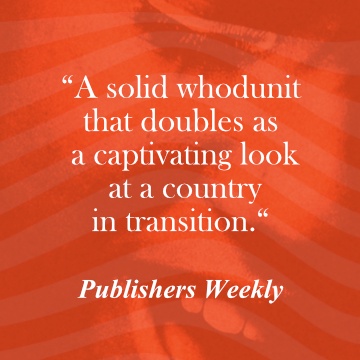
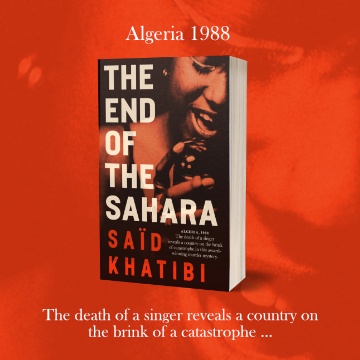
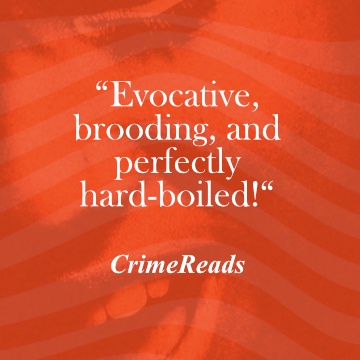
I’ve just started reading this today and already quite well along. I was very excited to find a new Robert Goddard. Interesting to read here that the characters can “take over” during the writing process and may change the story, so even the writer is kept guessing to a degree in that case!!